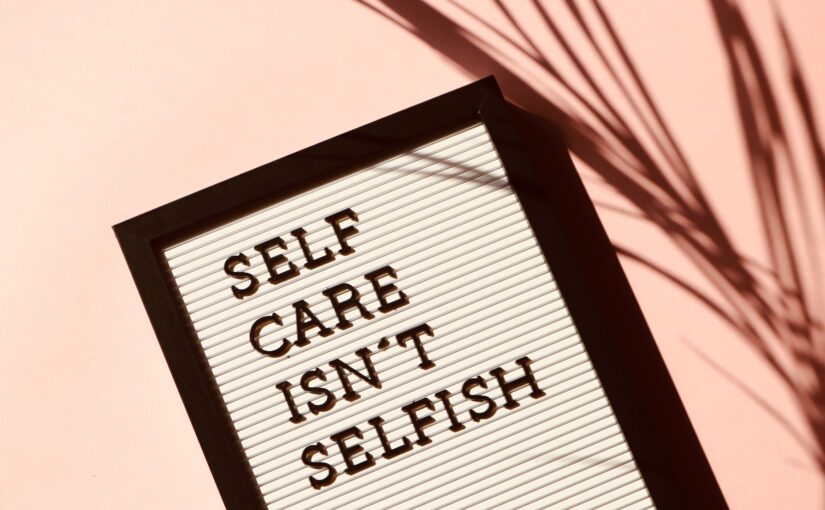So your last child has left home and you find yourself with an empty nest. Now what? Will it be freeing or terrifying? Will you love it or will you hate it?
In this article, we will share ten things we wish we had known before becoming an empty nester. Some of them you might expect, others could take you by surprise.
1. Surprisingly Quiet
You will miss the constant noise and bustle of having kids around. At first, it will be eerily quiet and you may find yourself longing for the days when your house was filled with the sound of laughter and shouting. But believe it or not, you will get used to it and when they come back to visit you will once again be surprised. But this time you will be surprised by how loud and messy they are.
2. A Plethora Of Free Time
You will have more free time, but you may not know what to do with it. It can be both liberating and daunting to suddenly have all this extra time on your hands. Try to use it wisely by taking up a new hobby or reconnecting with old friends. In the beginning, you may find it easiest to fill up your calendar with activities such as volunteering, dinner with friends, or hikes in your state park. But eventually, you will find that happy medium.
3. The Emptiness
Your home will feel empty without your kids. This is natural and normal. Just give yourself some time to adjust and soon enough you’ll find that you enjoy having your own space again. After a few decades of messiness, you might even enjoy having a place for everything and everything in its place. Or you might find that you were the messy one all along. We hear this a lot actually
4. Feeling Unneeded
You may feel like you’re not needed anymore. This is another common empty nester feeling. Just remember that your kids still need you, even if they don’t live under your roof anymore. They will always appreciate your love and support. But to fill that void in your life right now, consider volunteering. Finding a volunteer spot that you love can be incredibly fulfilling.
5. Show Me The Money
You will have more disposable income. With the kids out of the house, you’ll find yourself with a little extra money each month. Use it wisely by saving for retirement or taking a well-deserved vacation.
6. Cooking Is Harder
You will have to get used to cooking for two (or one). This can be challenging at first, especially if you’re used to cooking big meals for a family. But it’s also an opportunity to try new recipes and get creative in the kitchen. The danger is that you will pick up the unhealthy habit of eating out more than you eat at home. One way to avoid this trap is to invite friends over regularly.
7. More Time With Your Partners
You will have more time for your partner. Once the kids are gone, you and your partner will be able to reconnect and rediscover each other. Make the most of this time by planning dates, taking trips, and just enjoying each other’s company. It’s also a time when people start to second guess their marriage. By putting more effort into your marriage, you may be able to avoid this pitfall.
8. Losing Touch With Your Children
You may feel like you’re losing touch with your kids. This is normal, especially if they move away. But there are plenty of ways to stay connected, even from a distance. Try video chatting, texting, or even old-fashioned letter writing. Plan vacations near them or invite them on your vacations. There are plenty of ways to stay in touch but for the first few years, you may find you need to be the one making the effort.
9. New Routines
You will have to get used to a new routine. This can be tough at first, but it’s also an opportunity to create a schedule that works for you. Whether you want to sleep in or get up early, use this time to do what makes you happy. Suddenly self-care is possible. Take advantage of that.
10. Don’t Worry
You will always be a parent, no matter what. This is one of the most important things to remember. Even though your kids are grown, they will always need your love and support. Be there for them, no matter what.
Being an empty nest can feel lonely, but we are here to tell you there is so much more fun heading your way. We know you are going to find ways to make the most of it.









